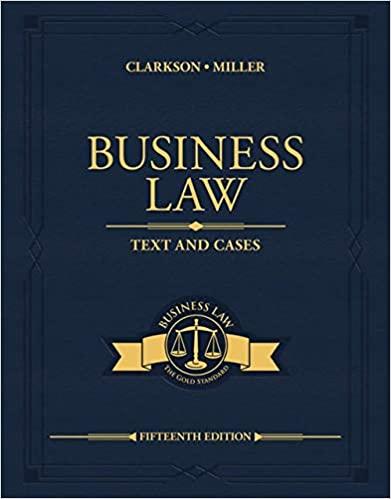Hewlett-Packard Company (HP) hired detectives to secretly monitor the phones and e-mail accounts of its directors to
Question:
Hewlett-Packard Company (HP) hired detectives to secretly monitor the phones and e-mail accounts of its directors to find the sources of leaks of company information to the media. When the government learned of the monitoring, criminal charges were brought against HP’s then- chairwoman and general counsel. Mark Hurd, HP’s chief executive officer (CEO), was found free of wrongdoing. The scandal had the effect of bolstering Hurd’s reputation for integrity, and he became both chairman and CEO. In congressional testimony, press releases, and investor briefings, Hurd proclaimed HP’s integrity and its intent to enforce violations of its corporate code of ethics, the Standards of Business Conduct (SBC). Hurd’s statements concerning HP’s commitment to ethics and compliance with the SBC reassured investors and the public, and kept HP’s stock prices from falling. Meanwhile, an independent contractor for HP accused Hurd of sexual harassment. An investigation by HP’s board found no harassment, but revealed that Hurd had lied about his personal relationship with the woman and falsified expense reports to over it up. Hurd resigned, causing the price of HP stock to drop. A group of shareholders sued HP, claiming that Hurd’s unethical behavior while promoting HP’s commitment to ethics constituted fraud. [Retail Wholesale and Department Store Union Local 338 Retirement Fund v. Hewlett-Packard Co., 845 F.3d 1268 (9th Cir. 2017)] (See Role of Directors and Officers.)
(a) Using the Discussion step of the IDDR approach, consider whether Hurd’s conduct constituted an ethical violation against HP and its shareholders.
(b) Using the Review step of the IDDR approach, evaluate HP’s decision to monitor its directors’ phones.
Step by Step Answer:

Business Law Text And Cases
ISBN: 9780357129630
15th Edition
Authors: Kenneth W. Clarkson, Roger LeRoy Miller




